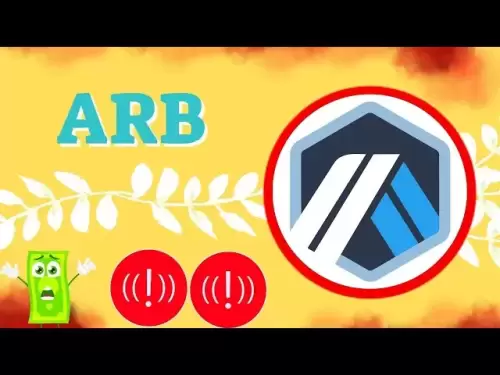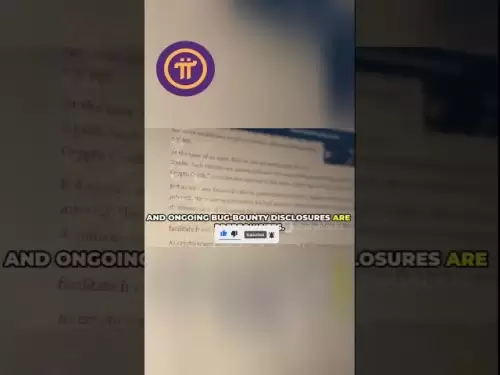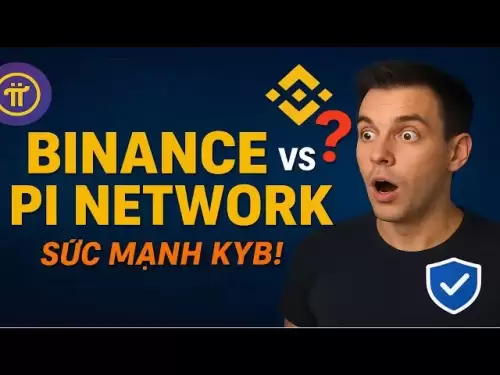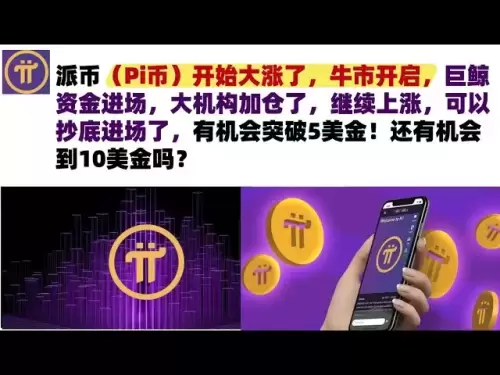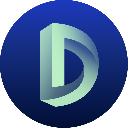-
 Bitcoin
Bitcoin $116900
0.00% -
 Ethereum
Ethereum $4280
5.48% -
 XRP
XRP $3.265
-1.45% -
 Tether USDt
Tether USDt $1.000
-0.01% -
 BNB
BNB $807.0
1.41% -
 Solana
Solana $183.1
2.93% -
 USDC
USDC $0.9999
0.00% -
 Dogecoin
Dogecoin $0.2440
6.50% -
 TRON
TRON $0.3357
-0.88% -
 Cardano
Cardano $0.8178
2.63% -
 Hyperliquid
Hyperliquid $44.13
7.45% -
 Chainlink
Chainlink $21.39
9.09% -
 Stellar
Stellar $0.4524
-0.84% -
 Sui
Sui $3.957
2.13% -
 Bitcoin Cash
Bitcoin Cash $572.7
-2.54% -
 Hedera
Hedera $0.2671
1.54% -
 Avalanche
Avalanche $24.77
4.17% -
 Ethena USDe
Ethena USDe $1.001
0.02% -
 Litecoin
Litecoin $122.3
-1.94% -
 Toncoin
Toncoin $3.432
2.26% -
 UNUS SED LEO
UNUS SED LEO $9.007
0.49% -
 Shiba Inu
Shiba Inu $0.00001396
5.26% -
 Uniswap
Uniswap $11.09
1.64% -
 Polkadot
Polkadot $4.155
4.57% -
 Dai
Dai $1.000
0.00% -
 Pepe
Pepe $0.00001253
5.11% -
 Cronos
Cronos $0.1588
2.67% -
 Bitget Token
Bitget Token $4.512
0.05% -
 Monero
Monero $275.0
0.64% -
 Ethena
Ethena $0.7527
15.10%
What is the minimum purchase quantity of Request (REQ) coins?
When purchasing REQ coins, users should be aware of the minimum purchase quantity requirements, which vary across exchanges and are influenced by market liquidity, network fees, and platform regulations.
Dec 24, 2024 at 10:47 pm
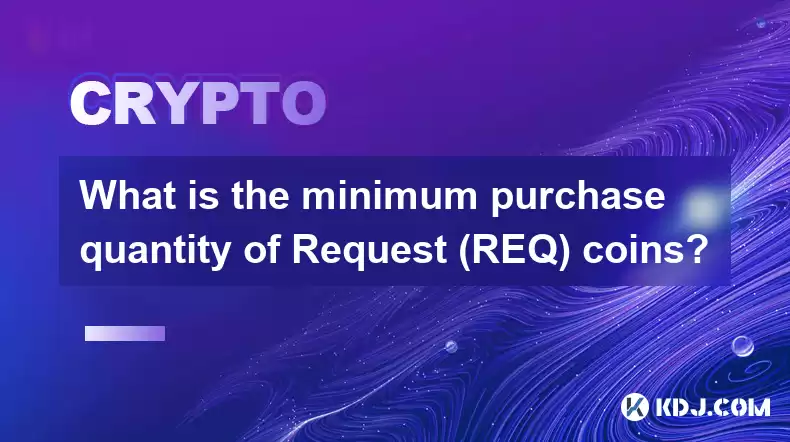
Key Points
- Understanding the Minimum Purchase Quantity for Request (REQ) Coins
- Factors Influencing Minimum Purchase Quantities
- Exchanges and Platforms Offering REQ Purchases
- Alternative Methods for Acquiring Fractional REQ Coins
- FAQs on Minimum REQ Purchase Quantities
Understanding the Minimum Purchase Quantity for Request (REQ) Coins
Request (REQ) is an Ethereum-based cryptocurrency that facilitates decentralized payments and invoicing. When purchasing REQ coins, users may encounter a minimum purchase quantity requirement, which refers to the lowest amount of REQ coins that can be acquired in a single transaction. This requirement varies across different exchanges and platforms.
Factors Influencing Minimum Purchase Quantities
Several factors contribute to the establishment of minimum purchase quantities:
- Market Liquidity: Exchanges and platforms set minimum purchase quantities to ensure sufficient market liquidity for REQ coins. Buyers and sellers need a minimum volume to facilitate smooth transactions and prevent price manipulation.
- Network Fees: Ethereum transaction fees can vary substantially, especially during periods of high network activity. Exchanges may impose minimum purchase quantities to cover these fees and avoid small transactions becoming prohibitively expensive.
- Platform Regulations: Some exchanges and platforms operate under regulatory constraints that mandate minimum purchase quantities for certain cryptocurrencies. These regulations aim to prevent market manipulation and protect investors.
Exchanges and Platforms Offering REQ Purchases
Various exchanges and platforms offer REQ coin purchases, each with its own minimum purchase quantity requirements:
- Binance: Minimum purchase quantity of 0.001 REQ
- Coinbase: Minimum purchase quantity of 0.0001 REQ
- Huobi: Minimum purchase quantity of 0.01 REQ
- Kraken: Minimum purchase quantity of 0.05 REQ
- Uniswap: No minimum purchase quantity
Alternative Methods for Acquiring Fractional REQ Coins
If minimum purchase quantities are prohibitive, users can consider alternative methods to acquire fractional REQ coins:
- Convert from Other Cryptocurrencies: Convert small amounts of other cryptocurrencies, such as Bitcoin or Ethereum, to REQ coins on exchanges or decentralized platforms.
- Use a DEX Aggregator: Utilize a decentralized exchange (DEX) aggregator that searches across multiple DEXs for the best conversion rates and may offer smaller minimum purchase quantities.
- Participate in Liquidity Pools: Join liquidity pools on DEXs and provide liquidity for REQ/other token pairs. This allows users to earn fees and potentially receive REQ rewards for providing liquidity.
FAQs on Minimum REQ Purchase Quantities
Q: What is the purpose of minimum purchase quantities for REQ coins?
A: Minimum purchase quantities ensure market liquidity, cover transaction fees, and adhere to regulatory requirements.
Q: Why are minimum purchase quantities different across exchanges and platforms?
A: Exchanges and platforms have varying factors influencing minimum purchase quantities, including liquidity, fees, and regulations.
Q: Can I still acquire REQ coins if I have less than the minimum purchase quantity?
A: Yes, users can convert other cryptocurrencies or participate in liquidity pools to acquire fractional REQ coins.
Q: Are there any risks associated with minimum purchase quantities?
A: Minimum purchase quantities may limit flexibility for small-scale investors or prevent them from purchasing REQ coins at desired price levels.
Q: How can I monitor minimum purchase quantities for REQ coins?
A: Check the trading pairs and fee schedules of exchanges and platforms to determine the specific minimum purchase requirements for REQ coins.
Disclaimer:info@kdj.com
The information provided is not trading advice. kdj.com does not assume any responsibility for any investments made based on the information provided in this article. Cryptocurrencies are highly volatile and it is highly recommended that you invest with caution after thorough research!
If you believe that the content used on this website infringes your copyright, please contact us immediately (info@kdj.com) and we will delete it promptly.
- Trump, Nasdaq, and Token Treasury: WLFI's $1.5B Gambit
- 2025-08-10 06:50:12
- Trump, Nasdaq, and Token Treasury: WLFI's $1.5B Play
- 2025-08-10 06:30:11
- Bitcoin's Blazing 2025: YTD Performance and Total Return Breakdown
- 2025-08-10 07:10:12
- Coinbase, DEX Trading, and Base Network: A New Era for Crypto?
- 2025-08-10 06:30:11
- Dogecoin's Bullish Breakout: Riding the Fibonacci Waves to $1?
- 2025-08-10 07:10:12
- Block Inc., Bitcoin, and Mining Chips: Reshaping Digital Finance, New York Style
- 2025-08-10 06:50:12
Related knowledge

How to purchase Aragon (ANT)?
Aug 09,2025 at 11:56pm
Understanding Aragon (ANT) and Its PurposeAragon (ANT) is a decentralized governance token that powers the Aragon Network, a platform built on the Eth...

Where can I buy UMA (UMA)?
Aug 07,2025 at 06:42pm
Understanding UMA and Its Role in Decentralized FinanceUMA (Universal Market Access) is an Ethereum-based decentralized finance (DeFi) protocol design...

How to buy Storj (STORJ) tokens?
Aug 09,2025 at 07:28am
Understanding Storj (STORJ) and Its Role in Decentralized StorageStorj is a decentralized cloud storage platform that leverages blockchain technology ...

What is the best app to buy Nano (NANO)?
Aug 09,2025 at 03:35am
Understanding Nano (NANO) and Its Unique FeaturesNano is a feeless, instant cryptocurrency designed for fast peer-to-peer transactions. Unlike many ot...

Where can I purchase Siacoin (SC)?
Aug 08,2025 at 11:14am
Understanding Siacoin (SC) and Its Role in the Sia NetworkSiacoin (SC) is the native cryptocurrency of the Sia decentralized cloud storage platform, a...
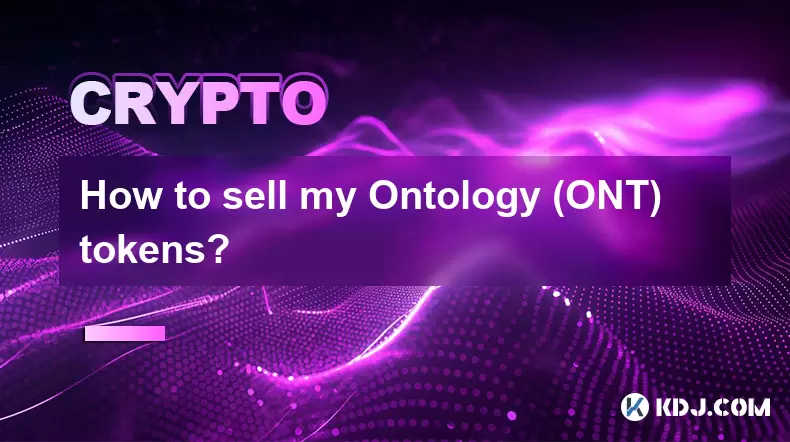
How to sell my Ontology (ONT) tokens?
Aug 09,2025 at 06:08pm
Understanding Ontology (ONT) and Its Trading EcosystemBefore selling your Ontology (ONT) tokens, it's essential to understand the nature of the crypto...

How to purchase Aragon (ANT)?
Aug 09,2025 at 11:56pm
Understanding Aragon (ANT) and Its PurposeAragon (ANT) is a decentralized governance token that powers the Aragon Network, a platform built on the Eth...

Where can I buy UMA (UMA)?
Aug 07,2025 at 06:42pm
Understanding UMA and Its Role in Decentralized FinanceUMA (Universal Market Access) is an Ethereum-based decentralized finance (DeFi) protocol design...

How to buy Storj (STORJ) tokens?
Aug 09,2025 at 07:28am
Understanding Storj (STORJ) and Its Role in Decentralized StorageStorj is a decentralized cloud storage platform that leverages blockchain technology ...

What is the best app to buy Nano (NANO)?
Aug 09,2025 at 03:35am
Understanding Nano (NANO) and Its Unique FeaturesNano is a feeless, instant cryptocurrency designed for fast peer-to-peer transactions. Unlike many ot...

Where can I purchase Siacoin (SC)?
Aug 08,2025 at 11:14am
Understanding Siacoin (SC) and Its Role in the Sia NetworkSiacoin (SC) is the native cryptocurrency of the Sia decentralized cloud storage platform, a...

How to sell my Ontology (ONT) tokens?
Aug 09,2025 at 06:08pm
Understanding Ontology (ONT) and Its Trading EcosystemBefore selling your Ontology (ONT) tokens, it's essential to understand the nature of the crypto...
See all articles





















